Russia
Stories / Russia
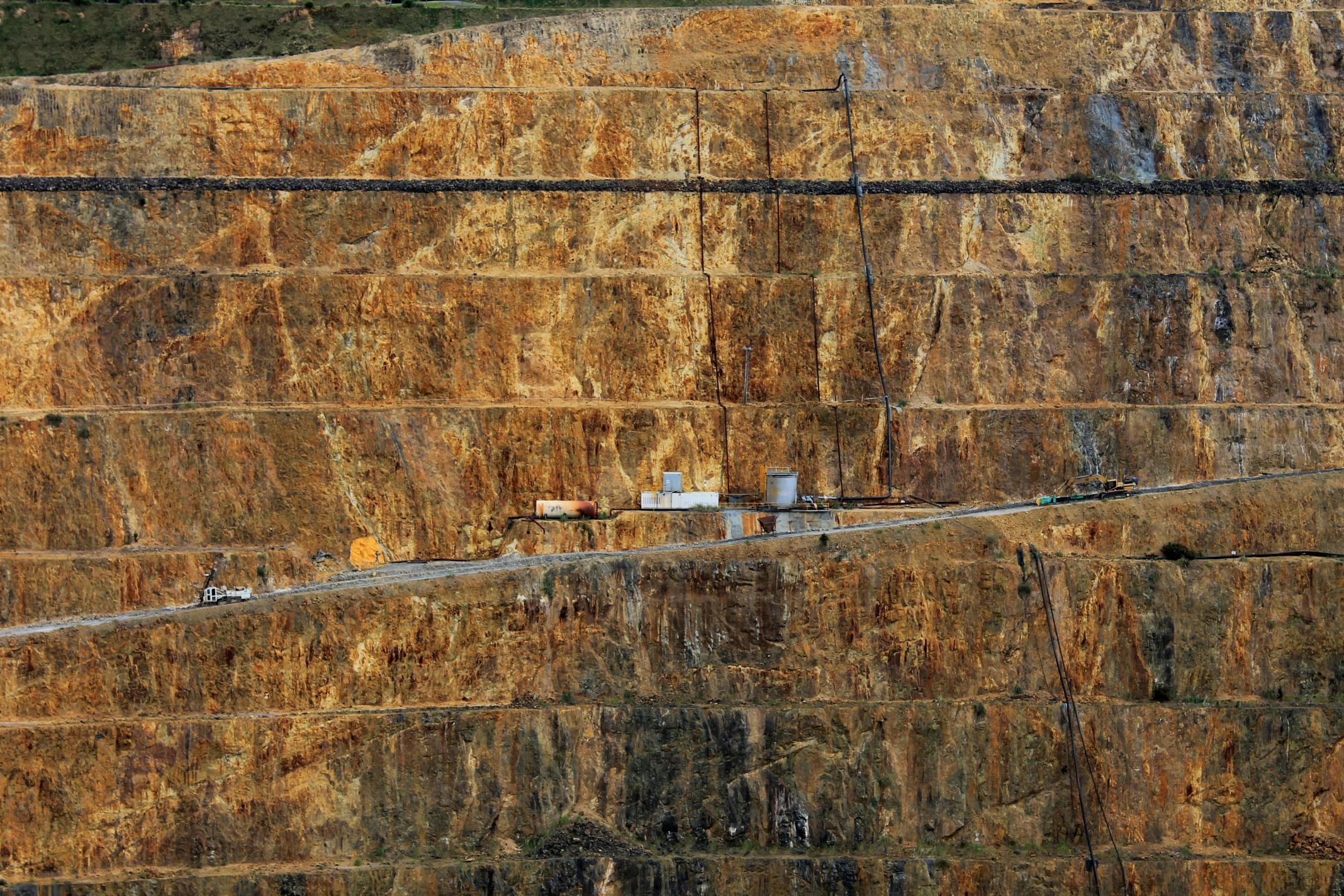 Wagner Group's Gold Trade in Africa: Investigation by Transparency International Russia
Wagner Group's Gold Trade in Africa: Investigation by Transparency International RussiaThe Russian mercenary Wagner Group has established a vast network in Africa to exploit natural resources by supporting authoritarian regimes in the Central African Republic, Sudan, and Mali. These mercenaries maintain operations through violence, political manipulation, and alliances with local elites.
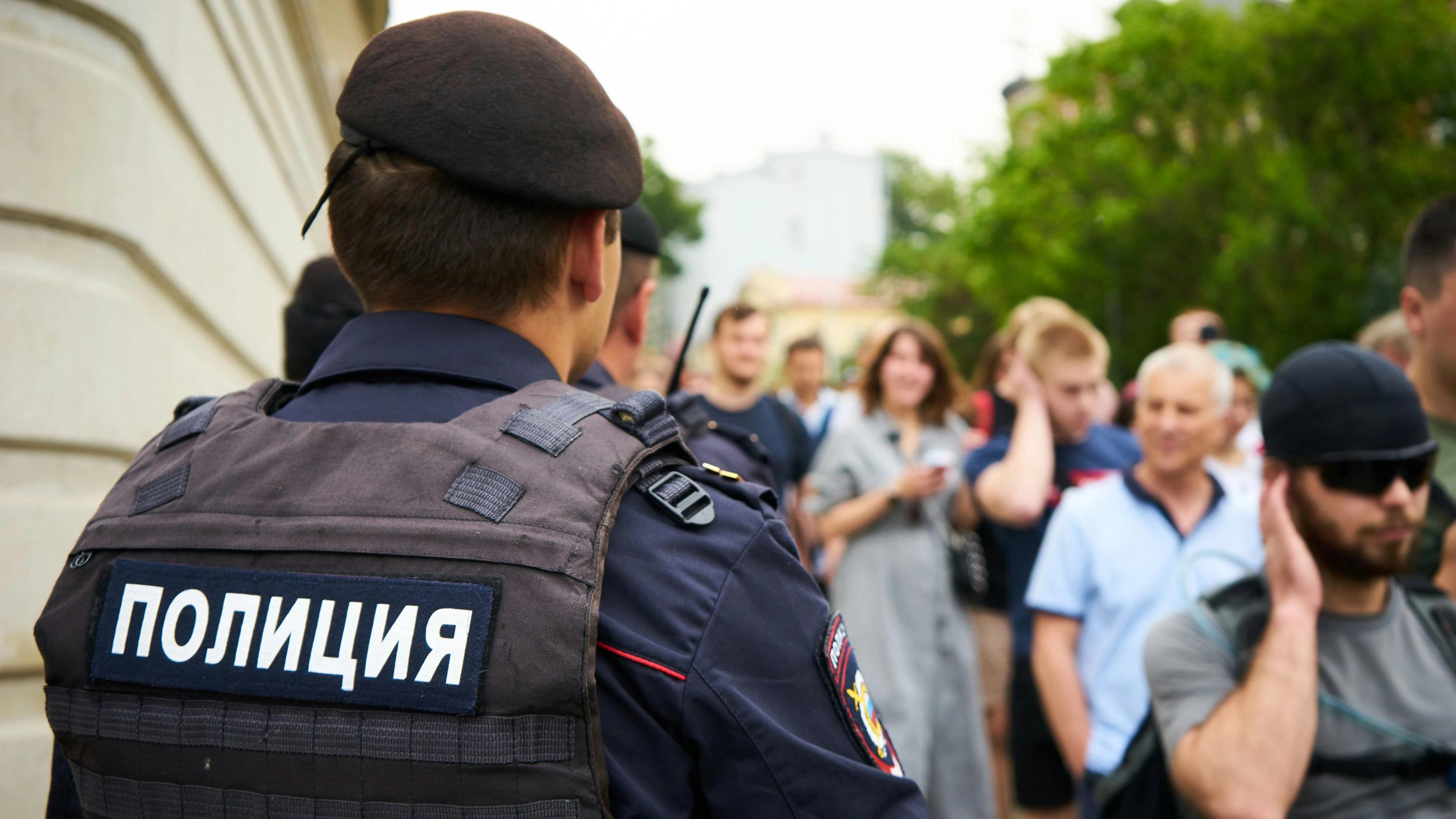 How the War in Ukraine Transformed Civic Action in Russia: Research by Novaya Gazeta Europe
How the War in Ukraine Transformed Civic Action in Russia: Research by Novaya Gazeta EuropeDespite intense repression and fear of reprisals, Russian civilians initiated nearly 40,000 protest actions from 2022 to early 2025. Most of these focused on everyday issues like utilities, environmental protection, public transport, and education rather than politics. Novaya Gazeta Europe's analysis reveals that while broad anti-war demonstrations have largely been suppressed, grassroots mobilisation around practical concerns remains resilient.
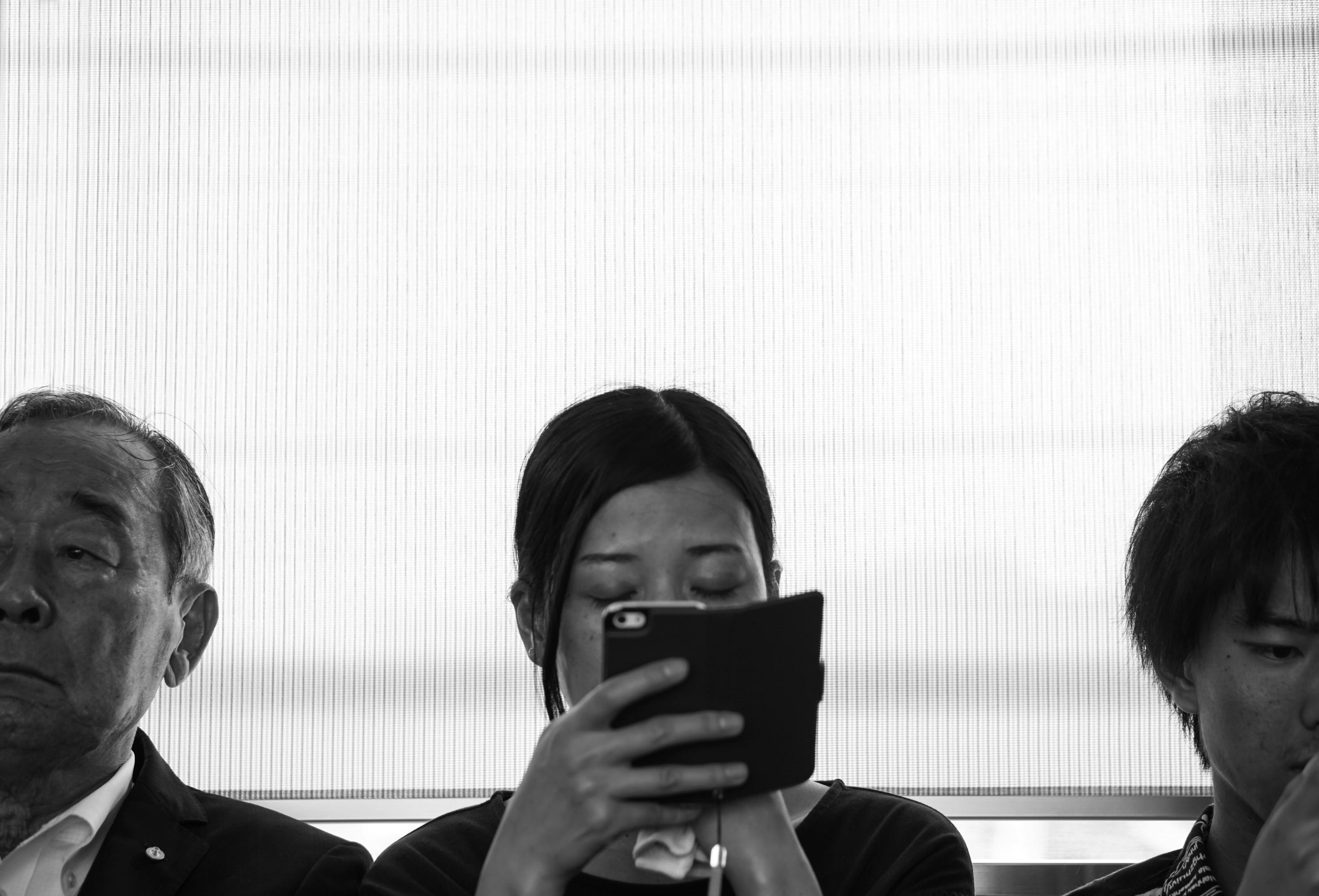 How the Work of Russian Destructive Groups in Kazakhstanan and Central Asia is Carried Out
How the Work of Russian Destructive Groups in Kazakhstanan and Central Asia is Carried OutFeminist activists in Kazakhstan face regular harassment. Disruptors intrude into meetings, while authorities make baseless arrests, particularly before March 8 events. Officials deny demonstration permits on fabricated grounds. Bagila Baltabaeva, head of the "Kazakhstan Parents' Union" and Feminita opponent, is frequently implicated. What is this "Parents' Union" and how does it connect to Russia?
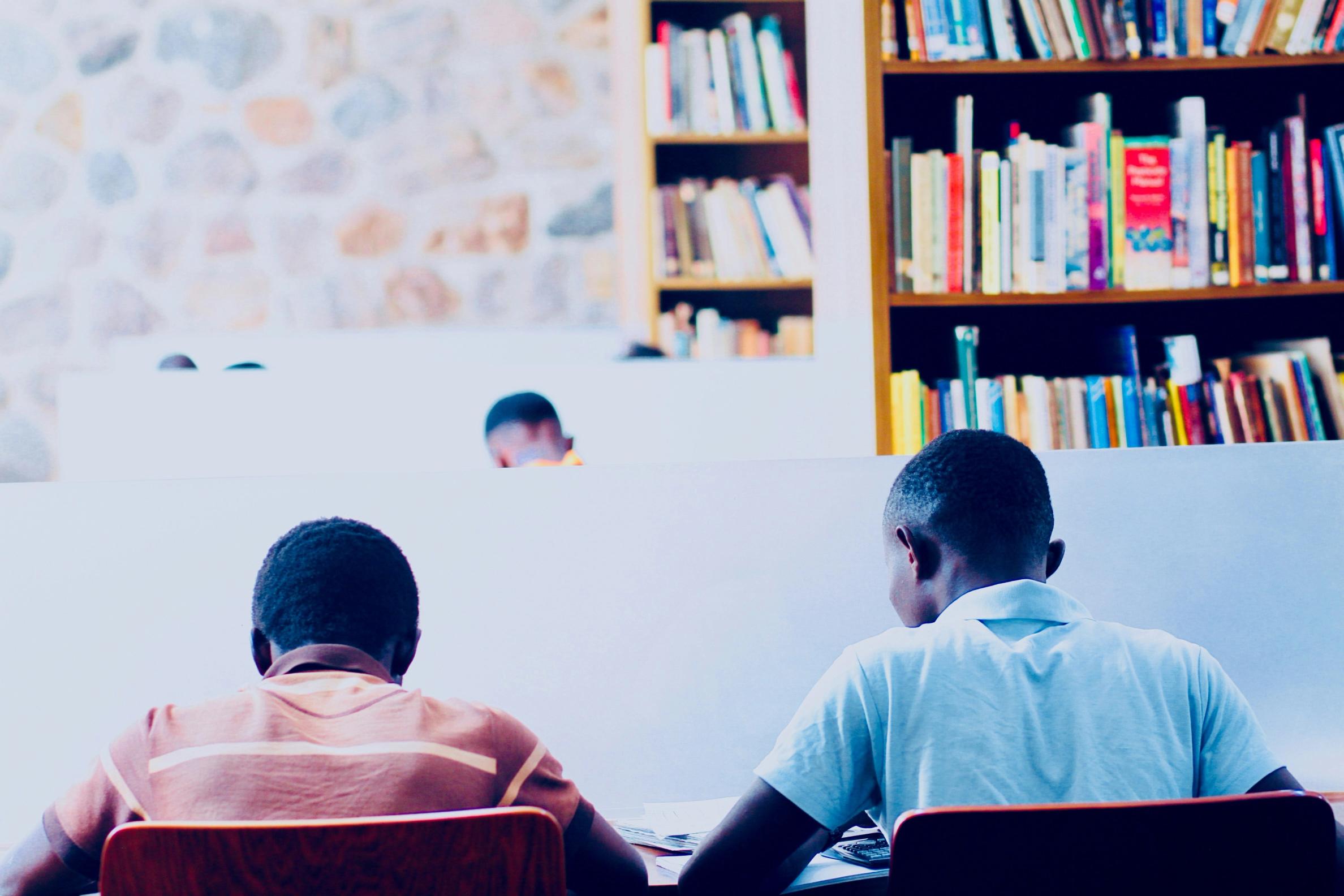 Russia’s Playbook: How Local-Language Narratives Shape Influence in West Africa: Research by DAIDAC
Russia’s Playbook: How Local-Language Narratives Shape Influence in West Africa: Research by DAIDACRussian campaigns in West Africa use Hausa and other local languages to spread pro-Kremlin content across digital platforms. They deploy Pan-African imagery and anti-Western messaging to connect with regional audiences. Publications such as Damagaram Post circulate sensationalised stories praising Putin, while "Russian Houses" reinforce these narratives through cultural programmes and media training.
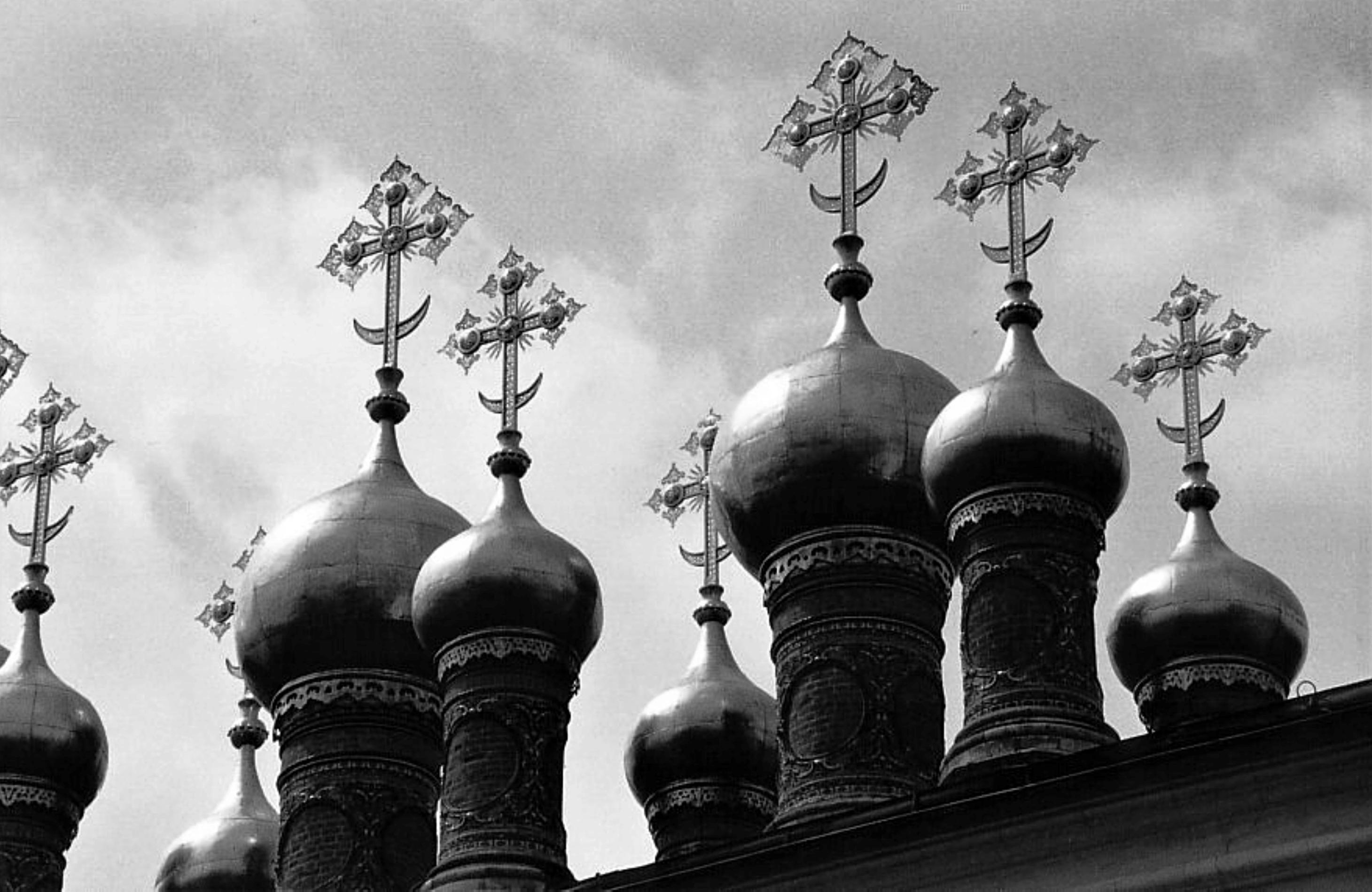 Russian Orthodox Church Interference in African Geopolitics: Findings by African Digital Democracy Observatory
Russian Orthodox Church Interference in African Geopolitics: Findings by African Digital Democracy ObservatoryThe Russian Orthodox Church is expanding its influence across Africa. These efforts serve as a soft-power strategy to promote Russian geopolitical interests by embedding the ROC within African communities culturally, linguistically, and spiritually.
 European Companies Still Supplying Equipment to Russia’s Military Industry: Findings by the Insider
European Companies Still Supplying Equipment to Russia’s Military Industry: Findings by the InsiderDespite sanctions, European manufacturers still supply equipment to Russian clients. The Insider found nine cases of European industrial machinery being used in defense enterprises, including a Czech-owned machine tool factory in Yekaterinburg.
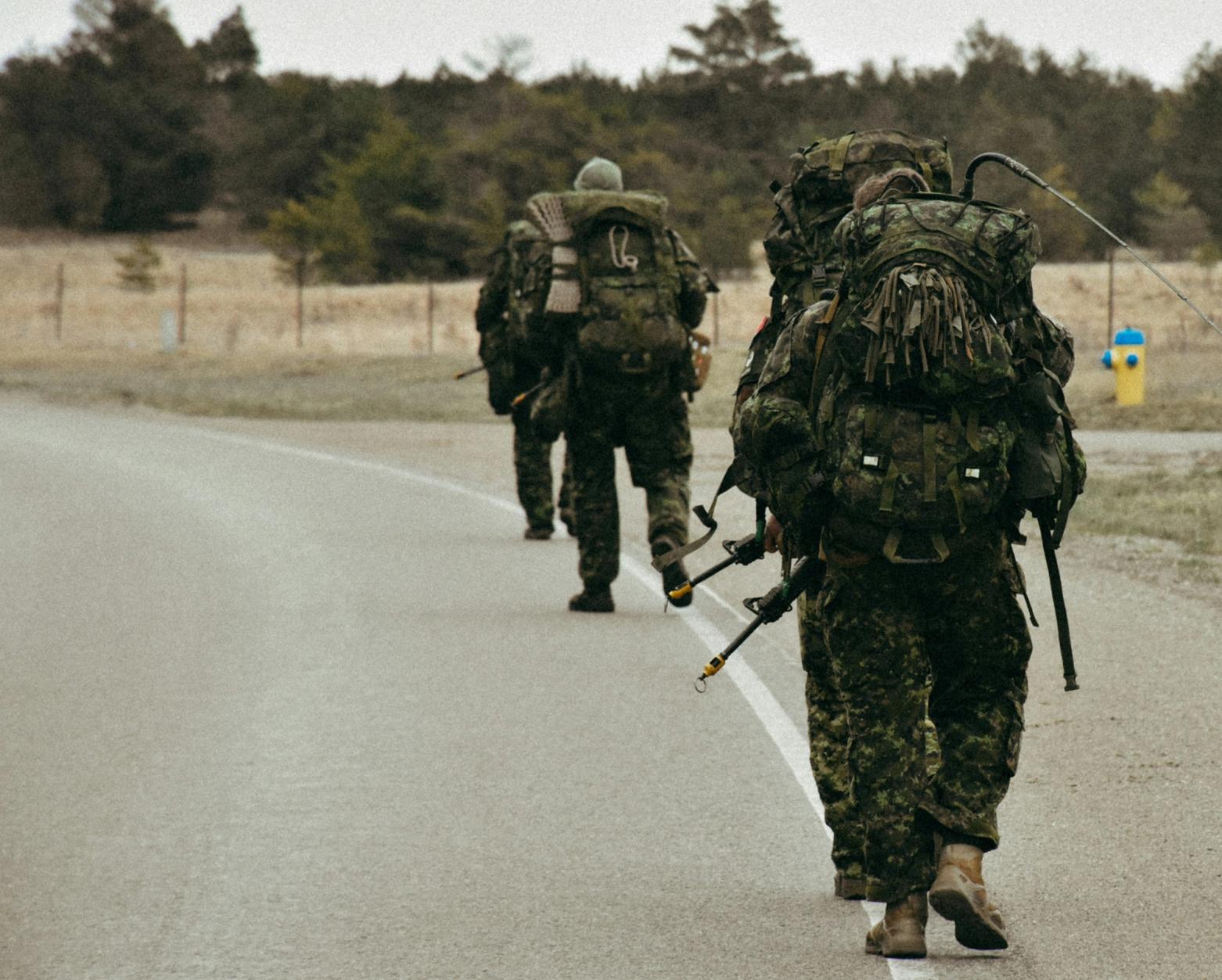 Displaced and Resilient: The Struggles of Buryats and Other Ethnic Minorities in Russia Amid War
Displaced and Resilient: The Struggles of Buryats and Other Ethnic Minorities in Russia Amid WarFollowing Putin's 2022 mobilisation decree, border crossings to Mongolia increased sevenfold, where refugees found safety and support. Several exiles recount experiences of fear and military pressure while expressing gratitude for Mongolia's hospitality, which allowed them to rebuild their lives with dignity. The publication by Factchek.mn is available in Mongolian.
 Channeling Propaganda: Novaya Gazeta Europe Analyzes How Telegram Facilitates Pro-militaristic Agendas
Channeling Propaganda: Novaya Gazeta Europe Analyzes How Telegram Facilitates Pro-militaristic AgendasAfter the start of the full-scale invasion, previously marginal "Z-patriots" quickly gained mainstream status, achieving reach comparable to major media outlets. Novaya Gazeta Europe analysed over 500 Telegram channels, creating a cartographic overview of the core Russian Z-network propaganda ecosystem.
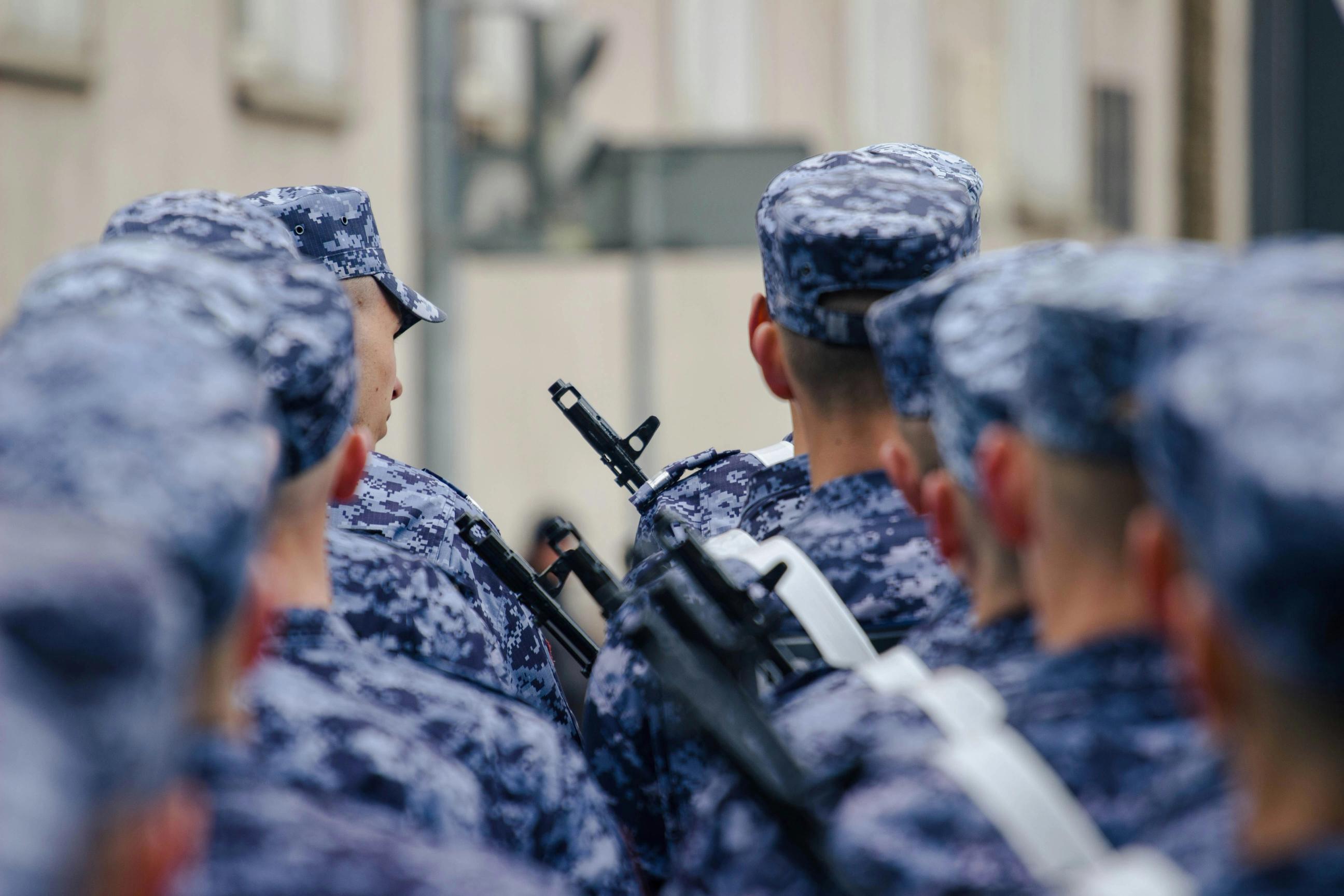 Outcomes of the Partial Mobilization in Russia After One Year of the Full-Scale Invasion: Investigation by iStories and Conflict Intelligence Team
Outcomes of the Partial Mobilization in Russia After One Year of the Full-Scale Invasion: Investigation by iStories and Conflict Intelligence TeamOne-fifth of 300,000 mobilised soldiers perished within just two months of service. These casualty figures, compiled from open sources, represent only a fraction of the tragedy's actual magnitude. Mobilised soldiers also suffer from poor training, lack of support, denial of leave requests, and severe criminal punishment for desertion.
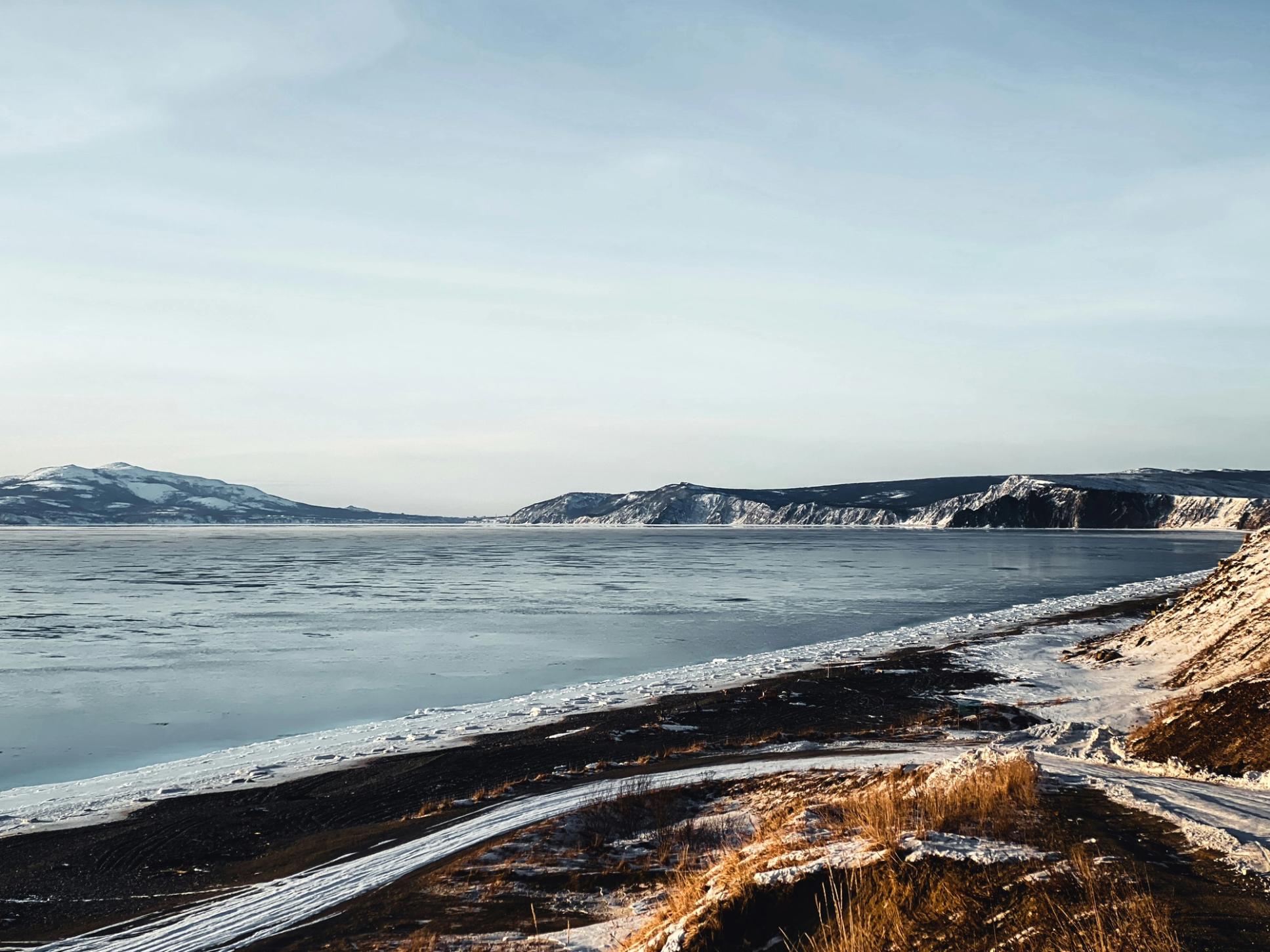 Kolyma: Building a Future While Remembering a Difficult Past
Kolyma: Building a Future While Remembering a Difficult PastThe "Kolyma" project by V LESAKH (In the Forests) media examines the Kolyma region through podcasts and articles, focusing on GULAG history and contemporary culture. Through interviews with locals, Indigenous peoples, and cultural figures, it explores how historical trauma and harsh climate shape regional identity and future aspirations.
Projects / Russia
Novaya Investigative Lab
Russiatrainingscross-border
Training & Fellowship Programme for Data Projects and Cross-Border Collaborations
Novaya Investigative Lab is a training and fellowship programme that helps journalists from Armenia, Moldova, and Russia develop diverse skills in cross-border investigative reporting. The programme enables participants to publish high-impact investigations alongside investigative teams and media outlets from Germany and Eastern Partnership countries.
Read about projectUnited Against Disinformation in Russia
Russiatrainingscross-border
Innovative Methods Against Propaganda
The project strengthens the capacities of exiled journalists through financial support, thematic workshops, networking events, and training sessions—including seminars focused on mental health and resilience. It also encourages cross-border cooperation among investigative journalists, podcasters, fact-checkers, and reporters, laying the groundwork for new joint media initiatives.
Read about projectNovaya Investigative Lab
Russiatrainingscross-border
Training & Fellowship Programme for Data Projects and Cross-Border Collaborations
Novaya Investigative Lab is a training and fellowship programme that helps journalists from Armenia, Moldova, and Russia develop diverse skills in cross-border investigative reporting. The programme enables participants to publish high-impact investigations alongside investigative teams and media outlets from Germany and Eastern Partnership countries.
Read about projectUnited Against Disinformation in Russia
Russiatrainingscross-border
Innovative Methods Against Propaganda
The project strengthens the capacities of exiled journalists through financial support, thematic workshops, networking events, and training sessions—including seminars focused on mental health and resilience. It also encourages cross-border cooperation among investigative journalists, podcasters, fact-checkers, and reporters, laying the groundwork for new joint media initiatives.
Read about project